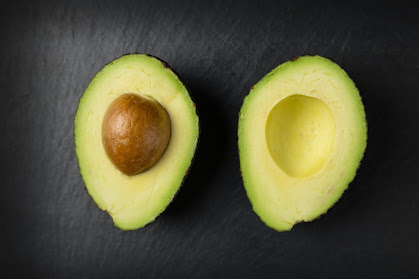Avocado benefits
Avocados are a large, soft fruit that originated in Central America and is now cultivated worldwide. With more than thirty different species, avocados are not a single fruit, but a large botanical group that includes more than twenty types of fruit.
Avocados tend to be healthy fats that can lower cholesterol and reduce the risk of heart disease or diabetes, as well as promote weight loss. These benefits are due to the healthy fat content found in avocados, which actually consist mostly of monounsaturated fat and omega-3 fatty acids, both of which are considered heart-healthy fats.
The avocado fruit contains the fat-soluble compounds lutein, beta-carotene, and zeaxanthin, which have important antioxidant functions. Other avocado compounds, such as stearidonic acid, are also beneficial to the body.
Its avocado oil, used in salad dressings, is high in fiber and may help to lower cholesterol, which can lower the risk of heart disease.
Avocados are rich in vitamins A, C, K, and E, and are a good source of healthy fats, fiber and plant-based protein.
- Animal fat is a big part of an avocados diet. They contain more saturated fat than even butter, yet they’re also the only fat that is recommended as part of a healthy diet.
- The avocado fruit is also high in minerals like potassium and iron and a good source of fiber.
- Fiber can be found in avocados, in the form of the monounsaturated fat, oleic acid.
- People should eat avocados every day, because they are packed with monounsaturated fats, which are heart-healthy and can help lower cholesterol, and antioxidants that may lower their risk of heart disease.
- However, avocados are also high in calories and saturated fats, so eating too many of them can increase risk for heart disease, diabetes, and high blood pressure.

